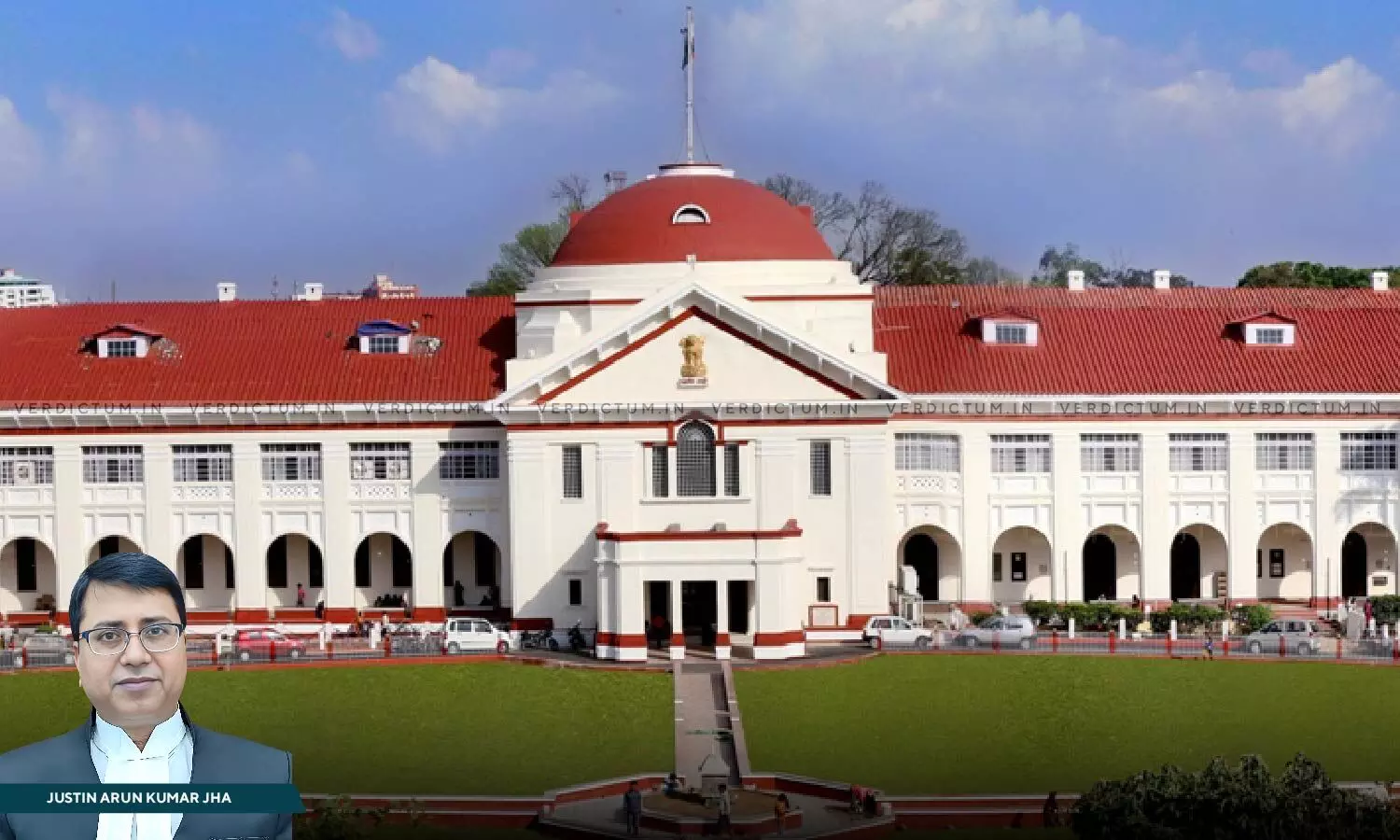
Subsequent Purchasers Are Proper Parties In Partition Suit: Patna High Court
 |
|The Patna High Court observed that subsequent purchasers are proper parties in a partition suit.
The Court overturned the trial court’s refusal to implead purchasers of the disputed property.
The Single-Bench of Justice Arun Kumar Jha, observed: “If the defendants by their own act, have created third party interest and has complicated the matter, they cannot take advantage of own wrong and now claim that subsequent purchasers should not be made parties. If the subsequent purchasers are not made parties, it would result in further complexity in the matter since a simple partition suit has been unnecessarily complicated by the defendants’ actions. These subsequent purchasers are proper parties, though not necessarily indispensable.”
The case originated when the plaintiff filed a partition suit seeking a share in the family property. During the pendency of the suit, the plaintiff obtained an undertaking from the defendants that they would not alienate the property. However, the defendants violated this undertaking by executing several sale deeds in favor of third-party purchasers between 2012 and 2014. In response, the plaintiff sought to add these purchasers as defendants, a request the trial court rejected on the grounds that the suit had reached the stage of final arguments and additional defendants would delay proceedings.
The Court, however, found the trial court's reasoning flawed, citing Supreme Court precedents in Kasturi v. Iyyamperumal (2005) and Amit Kumar Shaw v. Farida Khatoon (2005). The Bench noted that third-party purchasers, while not necessary parties, are proper parties whose involvement is crucial to effectively adjudicating the issues in the case. The doctrine of lis pendens also supported the impleadment, as these purchasers acquired their interest in the property during the litigation.
"The reasoning adopted by the learned trial court for dismissal of the petition is flawed in the sense that the learned trial court entirely went by the stage of the suit before it and on consideration that it will cause delay in disposal of the suit. The learned trial court went to the extent on recording that if the purchasers are made party, the defendants would be seriously prejudiced and there would be problem in disposal of the suit. Apparently these facts could not be made a ground for refusing the prayer of the plaintiff," the Court said.
The Court ruled that the trial court had committed a jurisdictional error in dismissing the plaintiff's petition.
Cause Title: Md. Atif Ansar v. Rehan Mohammad Tarique
Appearance:-
Petitioner: Advocates Sarvadeo Singh, Naushad Akhtar
Respondent: Advocates Praveen Kumar, Raju Kumar Singh
Click here to read/download the Judgment